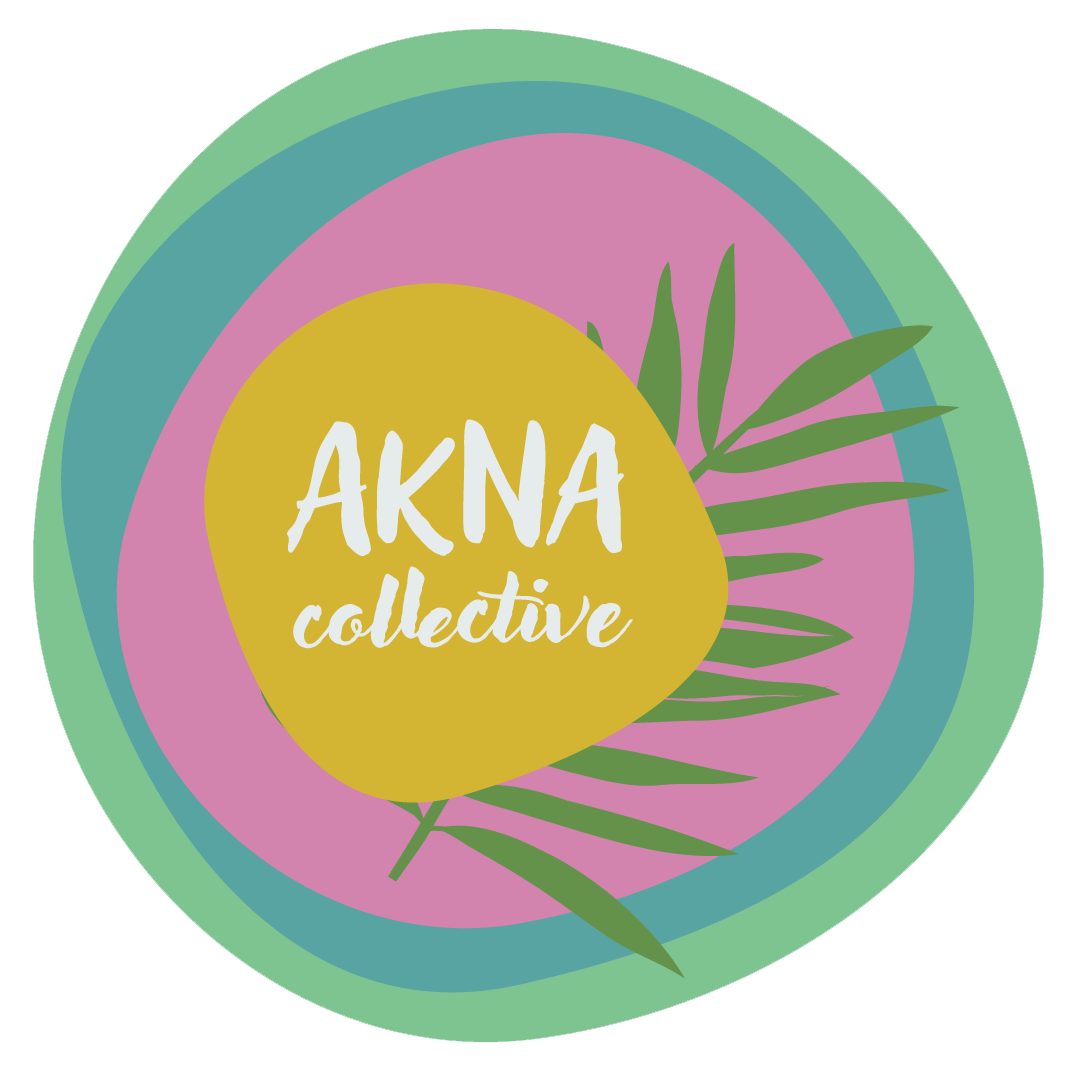The relationship between yoga & sustainability
By Ania
Yoga provides us with a framework, a set of ethics in a sense, which can be implemented as much or as little as we individually choose, into our daily lives. Throughout the scope of our life we pass through various transitions, and it is in these moments especially, that we can embrace the art of sustainability, making a conscious choice to live a more selflessly driven life.
The idea of materialism came into existence with the era of industrialization. Work became the central focus of life, and with that came the need for a fast-paced lifestyle, which required quick production and disposability of goods. The work/life relationship became cyclical and mutually dependent- one could not function without the other. In western nations, we began to identify with our work, allowing it to define who we are. We began to move away from traditional practices, which occupied too much time. With this came the rise of consumerism, promising to invoke a sense of ease into our hectic lives. At the time of this rise in consumption, we did not really understand the gravity of our choices and how they impact the environment. Life became more individually minded, not taking the world population and environment into account, and in a sense it perpetuated isolation and lack of community.
Humans are animals that require support, compassion, understanding. When we remove the possibility of creating this around ourselves, we lose.
Yoga is an ancient practice, one developed over millennia. It takes into account how the individual fits into a wider realm. It teaches self-accountability through self-observation, diligent practice and a desire to improve on the findings which are unsatisfactory to the individual. This does not mean the approach is one based on the ego, instead it is through careful reflection that the individual is able to greater understand how they effect the community in which they live- through daily interactions, through careful measurement and acknowledgement of the resources used, and through noticing the level of desire to make ones life “easier”, with little regard for the impact.
As we progress in our self-practice, we become less concerned with our own feelings of satisfaction, and instead care more for the environment in which we live. In yoga philosophy, we are taught about the importance of living by a set of “values”, known as the Yamas & Niyamas. These principles are what provide the foundation for a more holistic approach to life, and teach us to move away from harmful behaviors such as apathy, obsession with material goods, selfishness and greed. An unsustainable life is one that allows for these behaviors to be present, and through yogic practices such as meditation, pranayama and asana, we can alter our own way of being.
Not all unsustainable practices can be attributed to the individual, and it is important to hold accountable the industries which have the largest negative impact on the environment (fashion, meat, agriculture, energy, transport, technology). This does not mean though, that we should exempt ourselves from the responsibility we have as individuals to make the necessary choices to stimulate progress. We can implement small scales practices into our daily lives, such as using less water in a shower, buying less plastic, thinking before we purchase a material item, walking or cycling when we can, learning to grow our own food, consuming less meat. These are small examples to give an idea of what can be done in your own home, and they should not evoke a sense of entitlement from the individual practicing them- as that defeats the purpose the yogic practice. We should do what we do with humility, with a genuine desire to create a better, healthier and more sustainable earth, and with respect for ourselves and those around us.
Throughout the Akna Collective retreats, we focus on bringing attention within our community to the way we impact the Earth. We hold our retreats in spaces whose foundation is built upon the utilization of sustainable and permaculture principles. We spend time observing our own practices, acknowledging where there is room for improvement or change. We do our best to lead by example, because this is the most effective way in transferring knowledge, and we strongly believe in the power we harness to raise our future generations to be more mindful, more holistic, more grateful.
